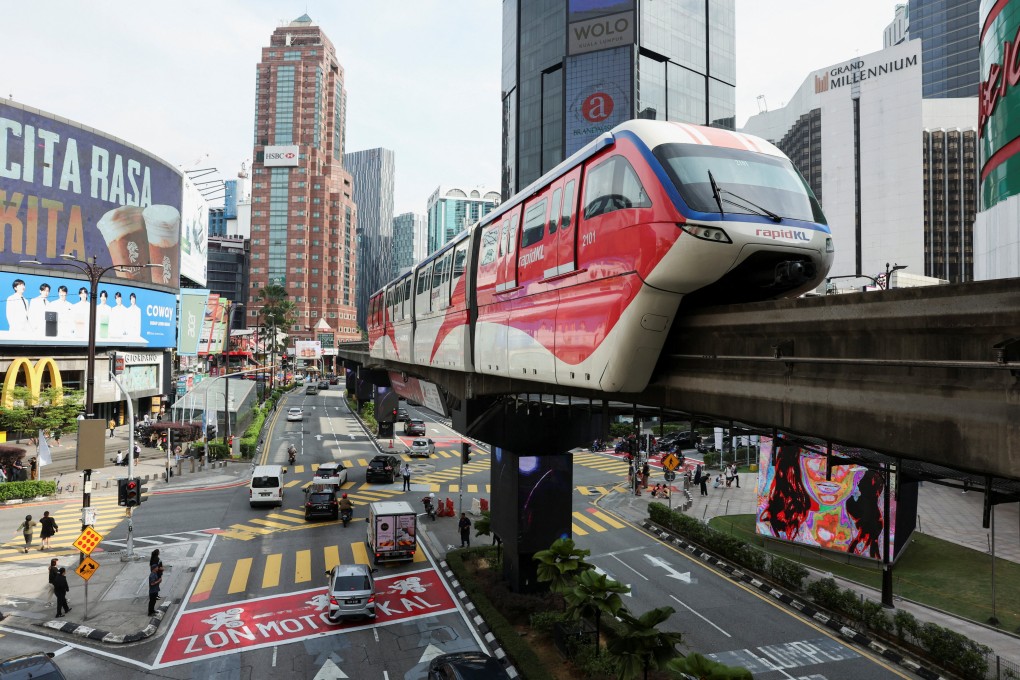Malaysia will ‘look more attractive’ as economy, ringgit surge: minister
Second Finance Minister Amir Hamzah Azizan said the country is set for robust growth as economic reforms and strong currency boost investment

“The ringgit will find the natural level commensurate to the growth prospect of the country” and be aided by a decline in interest rate differentials with the US, Amir said in an interview in Washington on Thursday. “Malaysia will look more attractive and the ringgit should strengthen along the way.”
The Malaysian currency is the best performer in emerging markets this year, even after paring gains following its best quarter in 50 years. Investors have been lured by economic growth that has surpassed estimates and the prospect that the key interest rate will stay on hold longer than many of its neighbours.
“Just because everybody has cut, doesn’t mean we have to cut,” Amir said on the sidelines of the IMF and World Bank annual meetings, describing current settings as “still very accommodative”. The economy doesn’t need any stimulus at this point, he said, commending Bank Negara Malaysia’s handling of inflation.
